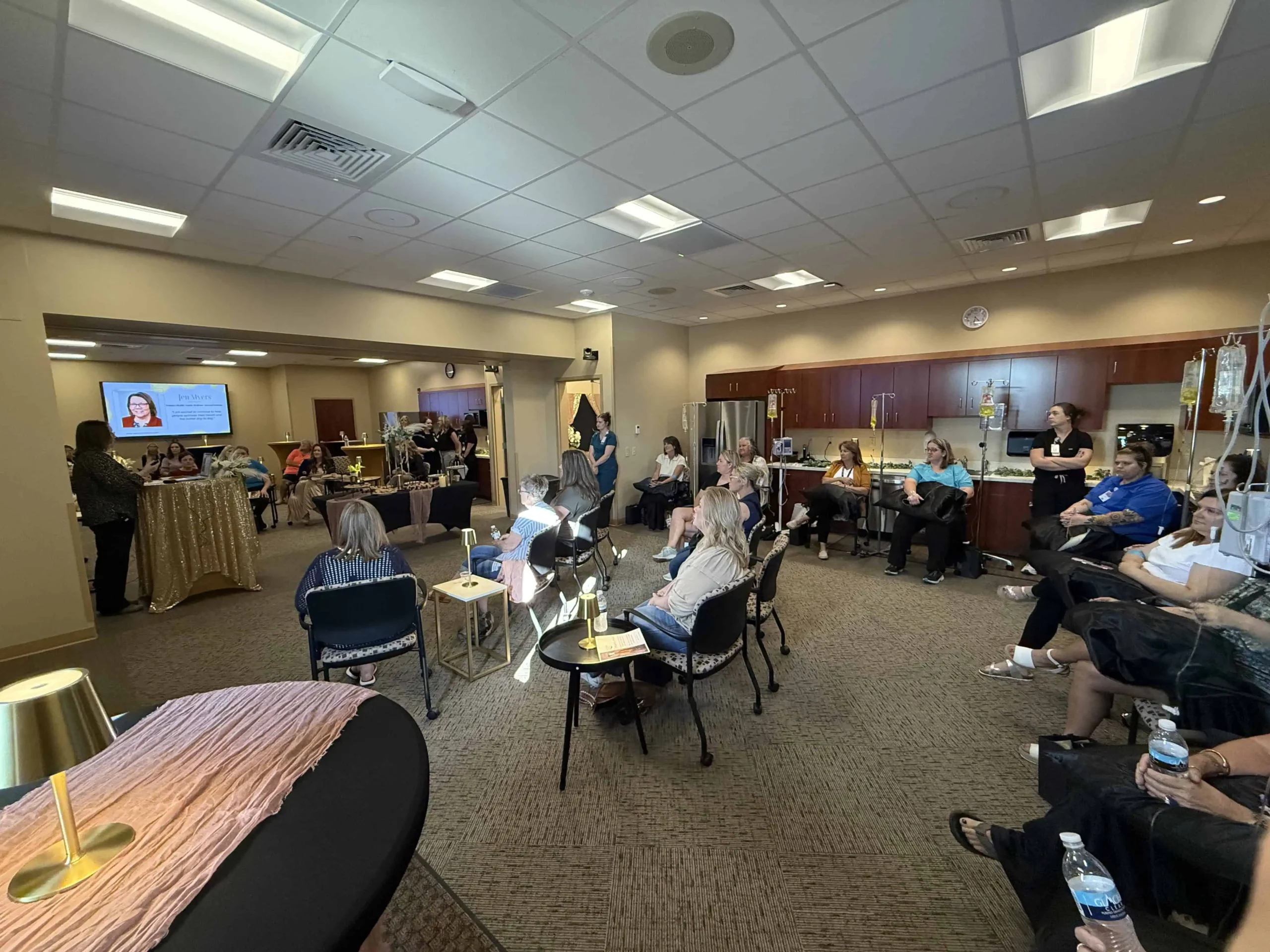Women’s health physical therapy is a specialized branch of physical therapy that focuses on addressing the unique healthcare needs of women across the lifespan.
These needs can encompass various conditions and concerns, from pregnancy-related issues to pelvic pain and menopausal symptoms. Memorial Hospital Association recognizes the importance of women’s health physical therapy and offers comprehensive care tailored to individual needs.
This article will explore the four main types of women’s health physical therapy the Memorial Hospital Association provides to promote women’s well-being and quality of life.
1. Prenatal and Postpartum Physical Therapy
Prenatal physical therapy is designed to support women during pregnancy, helping them manage the physical changes and challenges that often accompany this unique period. Therapists work with pregnant women to address issues such as:
- Low back pain: Common during pregnancy due to changes in posture and the strain placed on the lower back.
- Pelvic girdle pain: Including conditions like symphysis pubis dysfunction (SPD), which can cause pelvic discomfort.
- Incontinence: Helping women strengthen pelvic floor muscles to prevent or manage pregnancy-related urinary leakage.
Postpartum physical therapy focuses on recovery after childbirth. It addresses issues like:
- Diastasis recti: The separation of the abdominal muscles during pregnancy that can persist postpartum.
- Pelvic floor dysfunction: To restore strength and function of the pelvic floor muscles, addressing incontinence and pelvic pain.
- Core strength: Rebuilding core strength and stability may have been compromised during pregnancy.
2. Pelvic Health Physical Therapy
Pelvic health physical therapy is a vital component of women’s health care, addressing conditions such as:
- Pelvic pain: Including conditions like vulvodynia, endometriosis, and chronic pelvic pain syndrome.
- Bladder and bowel dysfunction: Treating urinary urgency, frequency, and fecal incontinence.
- Pelvic organ prolapse: Helping manage and alleviate symptoms associated with the descent of pelvic organs.
- Sexual dysfunction: Addressing problems like dyspareunia (painful intercourse) and vaginismus.
3. Soft Tissue Mobilization
Soft tissue mobilization is a hands-on therapy technique performed by skilled physical therapists. It involves the manipulation of soft tissues like muscles, tendons, and ligaments to:
- Relieve Tension and Discomfort: Soft tissue mobilization helps release muscle tension and reduce discomfort, making it valuable for individuals with chronic pain or muscle tightness.
- Improve Range of Motion: This technique can enhance joint mobility and overall flexibility by addressing restrictions in soft tissues.
4. Scar Mobilization
Scar mobilization therapy is essential for individuals who have surgical scars or scars from injuries. Physical therapists use various techniques to:
- Minimize Scar Tissue: Scar mobilization helps break down scar tissue, promoting better tissue healing and minimizing the appearance of scars.
- Enhance Functionality: This therapy aims to improve the function and flexibility of tissues around the scar, ensuring that it doesn’t restrict movement or cause discomfort.
Discover Relief with Women’s Health Physical Therapy
Are you experiencing pelvic health issues that are affecting your quality of life? Women’s Health Physical Therapy at Memorial Medical Clinic on Locust St. offers comprehensive care to address various symptoms, helping you regain comfort and confidence. Here’s how our therapy can benefit you:
Common Symptoms Treated:
- Bladder Leakage: Say goodbye to the inconvenience of urinary incontinence.
- Bowel Leakage: Regain control and comfort with effective therapy.
- Urinary Frequency: Find relief from the urge to urinate too often.
- Urinary Urgency: Manage those sudden, urgent needs more effectively.
- Incomplete Bladder Emptying: Ensure your bladder empties fully and comfortably.
- Pelvic and Rectal Pain: Alleviate discomfort in the pelvic and rectal regions.
- Pain During Intercourse: Enjoy a more comfortable and satisfying intimate life.
- Abdominal Muscle/Scar Pain: Address pain related to abdominal muscles and scars.
- Pregnancy-Related Back and Hip Pain: Find relief during and after pregnancy.
- Postpartum Pain and Leakage: Recover comfortably after childbirth.
- Osteoporosis: Manage the effects of this condition on your pelvic health.
- Prolapse or “Heaviness” in the Pelvis: Lift the weight of your pelvis and regain comfort.
- Low Back Pain: Alleviate pain and discomfort in the lower back.
- Tailbone Pain: Find relief from tailbone discomfort.
What to Expect During Your Visit
Your initial visit is crucial in your journey to improved pelvic health. It begins with a consultative interview with your physical therapist, where you’ll discuss your symptoms and goals. Please wear comfortable clothing, as your therapist will conduct an external evaluation of your spine and pelvis.
If you’re comfortable with it, your therapist may perform an internal pelvic assessment to check for pelvic organ prolapse and assess the condition of your pelvic floor muscles. Rest assured, this assessment is typically more comfortable than a standard vaginal exam as it doesn’t involve speculums or stirrups.
Following the evaluation, you and your therapist will collaboratively develop a personalized treatment plan tailored to meet your specific goals.
Treatment Approach
Many pelvic floor symptoms can work without surgery or medication, offering relief to clients. Your pelvic floor therapist will create a customized program focused on training the pelvic floor muscles and surrounding muscles to address your concerns.
Some clients may find relief after 2 to 3 PT sessions, while others may require 6 to 10 sessions before transitioning to a home program.
Comprehensive Care for Women’s Health
At Memorial Medical Clinic on Locust St., our dedicated team specializes in Women’s Health Physical Therapy. We utilize a range of treatments, including electrical stimulation of pelvic floor muscles, biofeedback training, dry needling, manual therapy techniques, and therapeutic exercises to improve pelvic health conditions and alleviate troublesome symptoms.
Don’t let pelvic health issues impact your daily life any longer. Take the first step towards relief by scheduling a consultation with us today. We support your journey to better pelvic health and overall well-being.
What We Say
Women’s health physical therapy is a multifaceted field that addresses the unique healthcare needs of women at different stages of life. Memorial Hospital Association recognizes the importance of providing specialized care to enhance women’s quality of life, alleviate discomfort, and promote overall well-being.
Whether helping women prepare for childbirth, managing pelvic pain, providing support during menopause, or aiding in post-breast surgery recovery, women’s health physical therapy is crucial in ensuring women receive the comprehensive care they deserve.
If you have specific concerns or seek women’s physical therapy services, consider consulting with the Memorial Hospital Association to explore how our specialized care can benefit you. Your well-being is our priority. Feel free to check our clinic sites for more details.




